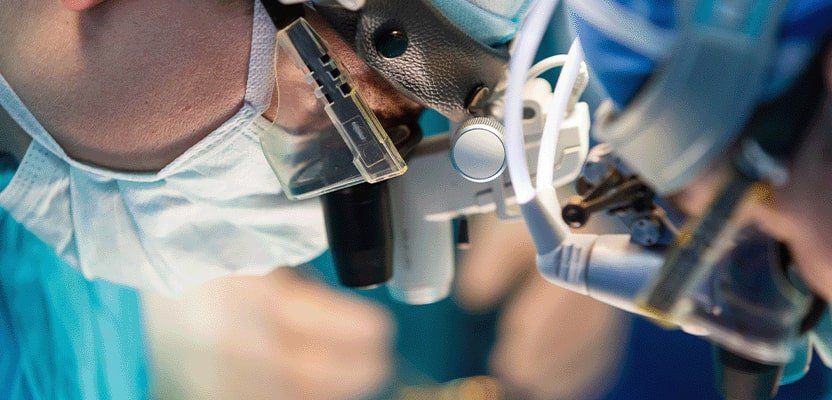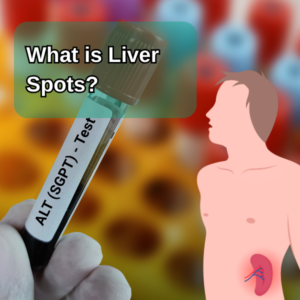+90 533 813 89 77
info@bookingforhealth.com

Liver Transplant Surgery

Liver transplant surgery is a complex procedure that is typically performed by a team of surgeons, anesthesiologists, and nurses in a hospital operating room. It is typically performed under general anesthesia, which means the patient is put to sleep and made unconscious.
During the surgery, the surgeon makes an incision in the abdomen and removes the diseased liver. The healthy donor liver is then placed in the abdomen and connected to the blood vessels and bile ducts. The new liver begins to function immediately, and the incision is closed with sutures or staples.
Most liver transplant surgeries take 5-12 hours to complete, depending on the complexity of the case. After the surgery, the patient is typically taken to the intensive care unit (ICU) for close monitoring.
Before a Liver Transplantation Surgery
Before a liver transplant surgery, there are several steps that take place. Going through this preparation process carefully will have a huge impact on the results of the surgery.
- Evaluation
The first step is to determine if a liver transplant is necessary, and if so, to evaluate the patient’s suitability for the procedure. This involves a thorough medical evaluation and testing to ensure that the patient is healthy enough to undergo surgery and to identify any medical conditions that may need to be treated before or after the transplant.
- Listing
If the patient is deemed a good candidate for a liver transplant, they will be placed on a transplant waiting list. The waiting list is managed by the organ procurement organization in the patient’s region. Him/her medical condition, blood type, and other factors will be used to determine their priority on the waiting list.
- Finding a Donor Liver
Once the patient is on the transplant waiting list, the next step is to find a suitable donor liver. They can come from deceased donors or living donors. Deceased dones are recovered from people who have recently died and whose families have agreed to organ donation. Living donor livers come from healthy individuals who choose to donate a portion of their liver to a recipient.
- Pre-transplant Preparation
Before the transplant surgery can take place, the patient will need to undergo pre-transplant preparation. This may include arrangement for the surgery, such as quitting smoking and making sure any medical conditions are well-controlled. The patient will also receive education about the transplant process and will be required to participate in a support group or counseling to help them cope with the physical and emotional challenges of surgery.
- The Transplant Surgery
As final step of the preparation, the patient will be called to come to the hospital for the transplant surgery. The surgery itself typically takes several hours and is performed by a team of specialists.

How is Liver Transplant Surgery Performed?
Before the surgery begins, the patient will be given general anesthesia to make them unconscious and unable to feel pain during the procedure.
The surgeon will make a large incision in the abdomen to access the liver. Then the medical staff then carefully remove the diseased liver, taking care to preserve as much healthy tissue as possible.
The surgeon then implants the donor liver into the patient’s body. The liver is carefully positioned and connected to him/her blood vessels and bile ducts. Once the transplant is complete, the medical staff close the incision with sutures or staples.
After the surgery, the patient is taken to the intensive care unit to recover. This stage is extremely important and is followed meticulously. He/she is closely monitored for any complications and receives drugs to help prevent rejection of the transplanted liver.
How Long Can a Patient Lives Without a Liver Transplant?
The length of time a patient can survive without a liver transplant depends on the severity of their liver disease and any other underlying medical conditions they may have. In general, patients with advanced liver disease may only survive for a few weeks or months without a operation. However, some patients with less severe liver disease may be able to survive for long years without a surgery.
It’s important to note that the quality of life for patients with advanced liver disease can be significantly impaired. They may experience symptoms such as fatigue, abdominal swelling, and confusion (due to a build-up of toxins in the body). They may also be at risk for serious complications such as bleeding, infection, and liver failure.
A liver transplant can greatly improve the survival and quality of life for patients with advanced liver disease. However, it’s important to note that the transplant is a major surgery with its own risks and potential complications. The decision to undergo a liver transplant should be made after careful consideration and consultation with a medical team.



